Best Mosquito Repellent For Kids
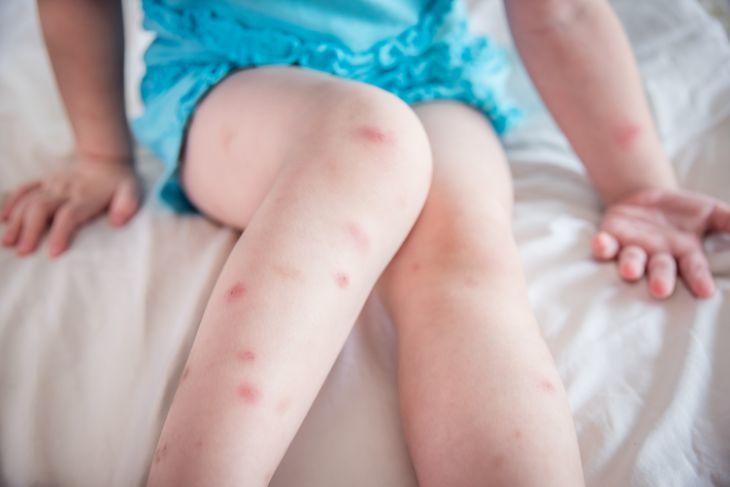
Related To:
Home Safety and Healthy Home Shopping Ideas Summer Ideas Beauty and Wellness Kids Home & Garden Products Ahh, summer’s joys: swimming, sun, and outdoor adventure. One thing no one looks forward to though? The bites of bugs. Ticks and pesky mosquitos can take the joy out of summer like ice cream melts. We have compiled a list of the top bug repellents for kids to help them get outside safely.
It is important to avoid tick- and mosquitoborne diseases. This includes Lyme and Rocky Mounted Spotted Fever. According to Dr. Sophie Balk (Attending Pediatrician at Children’s Hospital at Montefiore), Professor of Pediatrics at Albert Einstein College of Medicine and member of AAP Council on Environmental Health and Climate Control, “It’s wonderful for children and their families to go outside and play and take walks in the woods.” Unfortunately, bugs are also outside! Children and adults can suffer serious health consequences from certain diseases transmitted by insects. You can generally avoid serious illness by checking for ticks when you are outside and applying insect repellent appropriately.
Here are 10 of the Best Kids Bug Sprays in 2021
The best products are chosen by our editors who independently test and review them. Learn more about the. You may be eligible for commissions if you make a purchase through one of our selected links.
Hot summer nights bring mosquitos, and other bugs who are fast to nibble. While the bites can be painful enough for adults, little ones may find it unbearable. This is why you should always have a safe bug spray to use during the summer. Take a look at the ingredients before buying a bug spray to make sure it’s one you feel comfortable with.
Some bug sprays can’t be trusted.
Our Top Picks OFF! Amazon – Insect & Mosquito Repellent
This formula is child-friendly. It can be applied easily and it will have a mild citrus aroma until it is fully dried.
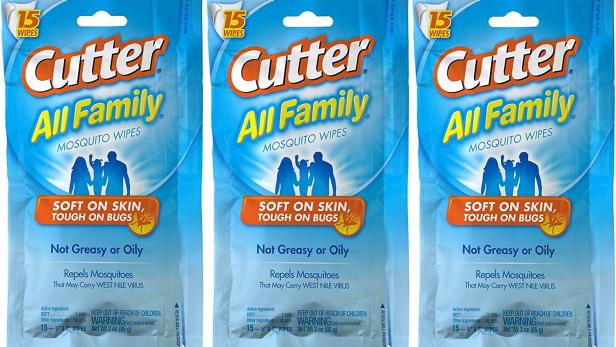
How to Get the Best Bug Spray for Kids And Babies
To help you enjoy the most important moments of your life, we have provided links to third-party products. We may receive a commission if you make a purchase through the links provided on this page.
You spend a lot of time outside with your children. That is until the mosquitoes get out. Although no one wants their child to get bitten, it can become a serious health problem if the area has insect-related diseases. Bug spray is a must-have for parents. So what is the best bug spray that can be used on children or babies? Find out what baby-safe sprays are and our top picks of mosquito repellents.
DEET Alternatives: What’s the difference between DEET and ? Best mosquito sprays for babies/children
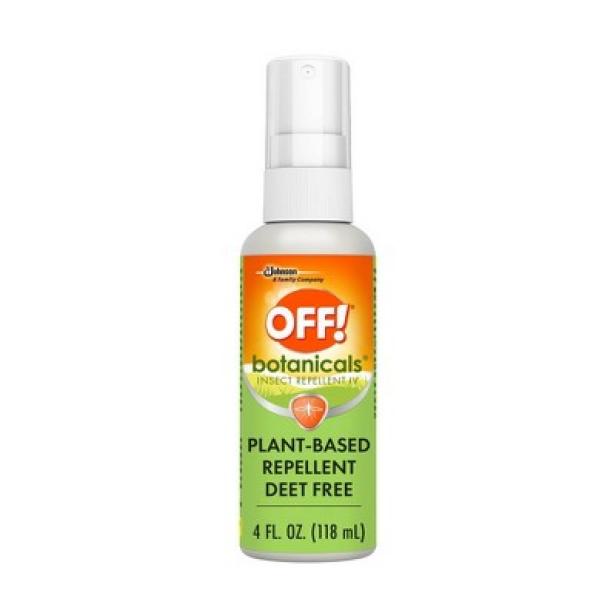
What To Know About Deet Bug Spray
DEET is the common name for N,N-Diethyl-m-toluamide. DEET was created by the United States Army back in 1946. It is widely used in insect repellents sold in the United States and it has been widely accepted as the highest quality. DEET insect spray is designed to repel (not kill) insects and should only be applied directly onto skin. DEET disrupts the neuronal connections in their mouths and antennae, which causes them to buzz and fly off.
DEET safety: While rumors about potential DEET dangers have been circulating for years, after much research, the conclusion is that DEET is indeed safe for babies 2 months and older (and everyone else, for that matter), as long as you use it as directed. “I always recommend insect repellents that contain DEET for the best protection against insect bites,” says CharlRe’ Slaughter-Atiemo, MD, FAAP, a Baltimore-based pediatrician and founder of CayTer 2 You Baby , a travel baby gear delivery service. DEET has undergone extensive research for human use. It is safe, effective and non-toxic for children over the age of two. Lyme can be spread through ticks and mosquitoes may transmit West Nile or Zika virus.
DEET insect spray is available in different levels, from 4 percent to 100 percent. AAP and CDC recommend that kids aged two months or older use insect repellents with up to 30% DEET. While effectiveness can be achieved at the same level, protection time depends on the concentration. For example, 10 percent DEET bug spray offers protection for about two hours while the 30 percent concentration protects for about five hours. Studies have found that repellents with higher than 30% DEET don’t offer additional protection. Opt for the lowest concentration that’ll offer the length of protection you need. Some people may develop skin reactions from using excessive or high amounts of DEET. It is not recommended to spray DEET insecticide on babies younger than 2 months old.
The Dos And Don’Ts Of Bug Spray
The hard part is not knowing which bug sprays are safe for babies. It is important to learn how to apply insect repellent safely and correctly. Here, top tips from the CDC on what you should and shouldn’t do when applying bug spray for kids.
Do not expose your baby’s skin to the sun.
Do not use perfumed products, such as laundry detergent or lotions scented with fragrance. They can attract bite-worthy insects.
DO consider using a mosquito net over your stroller or infant carrier.
DON’T use insect repellent on babies under 2 months old.
DO NOT use insect repellents that are not approved for children. Follow the directions.
Do not use combination sunscreens or insect repellent products. SlaughterAtiemo explains that DEET reduces the Sun Protection Factor (SPF), and can expose children to DEET. Sunscreen should always be applied frequently, so it is crucial not to use DEET.

13 Protective Bug Sprays for Babies and Kids to Help You Get Through Your Next Family Vacation
This article will cover everything you need about DEET and picaridin as well as what to do to protect yourself against mosquitoes.
As a parent, you’ll do nearly anything to ensure your kids stay healthy. You might try to get your kids to eat healthier, limit their screen time and make sure they have bug spray when outside. While your instinct might be to stay away from certain chemicals and use a natural insect repellent instead, the reality is that many of the ingredients found in these products don’t repel mosquitoes or ticks as well. A simple bug bite may not seem like a big deal, but the health risks of exposure to those two pests are high as both mosquitoes and ticks can carry an array of diseases.
The Environmental Protection Agency is the best place to start when looking for insect repellents for babies and children. Robert Daguillard, a spokeswoman for the EPA, stated, “EPA registrations for skin-applied insect repellent products including DEET indicate that they have undergone an evaluation and been proven safe and effective when used according to the instructions.” “Our evaluation includes ensuring that the registered product does not harm vulnerable populations, including children and pregnant women.” Here’s what you need to know about the most popular active ingredients in EPA-registered repellents.
Oil of lemon eucalyptus: Of the four most common EPA-registered ingredients, oil of lemon eucalyptus is the only one derived from plants, but it’s worth noting that it can also be synthetically created in a lab and listed as “p-menthane-3,8-diol” or “PMD” on labels. According to Dana C. Price Ph.D. associate researcher in the entomology section at Rutgers State University, oil of lemon eucalyptus is safe for those older than two months. The American Academy of Pediatrics recommended products containing between 10% and 30 percent DEET. Price says, “The concentration of the product should be selected based upon how long you need to protect yourself. Products containing 10% DEET provide protection for around two hours and 30% can last up five hours.” Consider your child’s requirements and choose the lowest possible concentration.
Picaridin: Picaridin, a chemical designed to resemble extracts of black pepper, is newer to the market so there’s less research on it, but it’s considered safe for kids as young as 2 months. Some products can only be recommended to children aged 6 months or older, so it is worth reading product labels.
In combination products with both sunscreen and insect repellent, IR3535 will be found most commonly. Repellents work well on their merits, but you should avoid any repellents that also contain sunscreen. Sunscreens require more frequent application than repellents and can cause skin irritation.
Bottom line is: No matter the repellent that you choose, be sure to read and follow all directions. You should also consider how the repellent is made. While lotions and wipes might be more easy to apply to younger children than sprays, it can take up to 20 minutes before they become effective. Sprays however work instantly. Joseph Conlon of the American Mosquito Control Association’s technical advisor says, “Parents shouldn’t allow their children to apply repellents themselves or to others.” “Adults should apply the repellent to their own hands, rub their hands on the child’s body where repellency is required, and then wash the applied area with soap and water when repellent is no longer needed.” Lastly, the Centers for Disease Control and Prevention (CDC) advises wearing long-sleeved shirts and pants for extra protection and putting insect netting over baby carriers or strollers.

Here are the Top Mosquito Repellents for 2021
1. Sawyer Premium Mosquito Repellent.
Available as a pump, aerosol spray, or lotion, this Sawyer product contains our favorite overall tick and mosquito repellent, Picaridin, at a 20% concentration, expected to be effective against both mosquitoes and ticks for about 8 hours after application. Sawyer claims this product lasts up to 12hrs, but the evidence suggests it can be used for approximately 8 hours. Sawyer has stated that this time is exactly the same as Sawyer’s instructions for reapplication. (Reapply after eight hours). That’s not to say it won’t work after 12 hours, but the effectiveness decreases considerably with time. It’s a fantastic tick and mosquito repellent that is suitable for children and adults over 6 years old. It has no strong odors, DEET and is much less greasy then DEET. Also, this repellent works well against Zika (EEE), West Nile Virus/Chikungunya, West Nile Virus (West Nile Virus), Chikungunya, Dengue and ticks that carry Lyme Disease. The product is also effective against biting and chewing flies such as gnats, spiders, and even sandflies. We found that it was easy to use the sprayer with the pump, and even more so with the aerosol sprayer. We recommend the 6 ounce sprayer bottle, which is the same size as a hairspray bottles. Although it was initially somewhat greasy at first, the protective layer became soft and supple after some drying. Nearly no odor, which was a pleasant contrast to DEET and Lemon Eucalyptus.
We wore it for 4 hours during a long hike through New England woods in June, a prime time for both ticks and mosquitoes. The product was used on ourselves as well as two of our children (ages 6-8). In addition to not getting any bites we also didn’t have to be constantly annoyed and swatted by buzzing insects. It proved very protective and we felt confident it would continue to protect us even if we continued into the evening. Apply it all over the skin, including necks, legs, ankles and feet. For our face, we applied the spray to our hands. We rubbed the cream on with our fingers. The spray was light enough to be applied on the hair and clothing. It worked excellently, and we were very impressed with it overall. It was a favorite among the children, as they prefer it to other smelly options. They slept well that night, without having any big mosquito welts and without worrying about ticks. The price range is $8-10. It depends on whether you purchase the lotion or the pump. We prefer the sprayer. Interested? See the Sawyer Premium Insect Repellent Here 2. Natrapel Mosquito Repellent.
Picaridin is another excellent 20% product that has similar effectiveness as the Sawyer. Picaridin 20% is extremely effective against ticks and mosquitoes, lasting approximately 8 hours. They claim protection for 12 hours, just like the Sawyer product. However, we believe that 8 hours is more realistic. We found the product just as effective as Sawyer’s product in our testing. The sprayer was easy to use, it covered a lot of ground and provided protection against tons of bugs. These were all the same as Sawyer’s product. But it’s #2 for a couple reasons. This sprayer is more difficult than Sawyer’s products to find and to buy. It also tends be harder to get it on Amazon at peak seasons when it’s most needed. The second is the fact that it doesn’t mist as evenly as the Sawyer sprayer. This happens because there are some drops and clumping. A bit like a spray-on sunscreen. Third, in our opinion, there was too much perfume in it.
Picaridin has a unique advantage: it is virtually odorless. This is quite a departure from DEET. They added a fragrance to this and it didn’t suit us, nor did our children. So these are some small nit-picking reasons to place this as the second best bug repellent for kids, especially considering that it is extremely effective and easy to use. Overall, this is an excellent insect repellent that will protect you and your kids for several hours in even the densest swamps! The Sawyer product is also applied to all skin. For our faces, we put it on hands first and then rubbed it onto our face. The product also worked well on hair and clothing. A 6-ounce sprayer usually costs $8. Interested? Check out Natrapel Insect Respellant here. REPEL Insect & Mosquito Repellent.
The oil of lemon eucalyptus is a naturally-derived insect repellent that has been approved by the CDC to repel ticks and mosquitoes. It also reduces the risk of getting sick. It contains 30% pmenthane-diol (30% from lemon Eucalyptus citriodora oils) and is non-toxic. This repellent works well both against mosquitoes and ticks. We found the scent to be very strong during our tests. The smell isn’t necessarily strong like DEET. However, it has a distinct lemon smell. Personally, we prefer this to the odor of DEET, and given the naturally-sourced ingredients in this repellent, we think it’s an excellent option. According to REPEL, it’s also free of a variety of allergens and questionable ingredients, including: fragrances, petroleum distillates, dyes, formaldehyde, perfluorinated compounds, bronopol, DMDM hydantoin, BHA, boric acid, triclosan, parabens, PEG, phthalates, urea, Quaternium-15, propylene glycol, butylene glycol, sulfates, soy, nuts, milk, eggs, or gluten. It does contain alcohol so avoid using it near flame sources such as a campfire or grill. It is claimed that it repels mosquitoes for as long as 8 hours. We tested the product and it performed very well.
In our opinion, just about as well as a 15% DEET product. In our testing, we didn’t think this worked quite as well as Picaridin-based repellents like Sawyer or Natrapel, but that was very specific to mosquitoes. This insect repellent, which is DEET-free and safe for adults and children 3+, is great. Interested? Want to know more? Avon Skin-so-Soft Mosquito Repellent.
Safety and effectiveness issues
Safety. The best mosquito sprays and tick repellents contain either DEET, Picaridin, or IR 3535. Other products may contain Oil of Lemon Eucalyptus. This is not as effective. EWG and CDC indicate that each ingredient is slightly safer than the other. Below, we will be examining each one individually. With any bug repellent, we suggest always washing it off before bedtime, and never using it for several days in a row. Chronic exposure to bug sprays can lead to adverse side effects. The longer the product is left on skin the greater the chance of it being absorbed. The same problem can be found in even the finest baby lotions, and that is why we always check the ingredients.
DEET Safety. This ingredient is effective in repelling insects for 60+ years. But DEET also has a bad reputation, stemming from 1980’s reports of severe side effects (encephalopathy) in children exposed to DEET. However, no evidence exists to suggest that DEET was the cause of these illnesses, and more recent research has demonstrated no severe adverse events if DEET is used as recommended. Use DEET only when it is recommended. For any bug sprays, you should always follow the instructions and never over-apply. DEET has been recommended as the number one insect repellent by doctors for those who travel to areas prone to tick- and mosquito-borne illness. DEET is not advised for infants below 6 months. From 6-24 months of age, for high bug risk areas a 20-30% DEET product is suggested, with 1 application per day. Between 2 and 12 years, you can use a 20%-30% DEET product, but only 3 times per day. An adult and teenager can have a limit of 30-50% DEET. Applications should follow product directions.
Picaridin Safety. Bayer first developed the synthetic compound. This chemical was used extensively across Europe and Australia in the 1980’s. In 2005, the US introduced Picaridin Safety to the market. This synthetic compound is considered to be more effective than DEET and less obnoxious, making it the most popular DEET option for kids. Picaridin and DEET are both extremely safe. There have not been any differences in the rates or toxicity of Picaridin to children or adults. Picaridin, in general, is more likely to cause irritation than DEET. This makes it a great option for people with allergies. Use it in children who are over six months old.
IR3535 Safety. It is another synthetic compound that Merck created in the 1980s. It is a synthetic amino acid that affects an insect’s sense of smell, making then less likely to recognize you as a tasty meal. Picaridin is more attractive because it doesn’t smell as bad as DEET. Similar to Picaridin and IR3535, its safety profile is high. While it can cause mild eye irritation (please avoid getting it in your eyes), the World Health Organization has not found any long-term health effects. It is relatively rare (versus Picaridin and DEET), and most popularly found in a line of Avon Skin-So-Soft bug repellent sprays and lotions.
Safety in Oil of Lemon Eucalyptus This naturally-derived alternative mosquito and tick repellent has received a lot of recent attention, and is one of the four active repellents recommended by the CDC. Lemon Eucalyptus Oil, which is extracted from the tree of the Eucalyptus, is refined to raise the amount of a special chemical (PMD). It works well for repelling insects and ticks. However, because Oil of Lemon Eucalyptus and synthetic PMD are relatively new to the market as a bug repellent, and safety data are very limited, the CDC suggests it not by used in children under 3 years old. This isn’t because of any evidence that it is toxic. It’s because we don’t have any data to prove it. We suggest that children younger than 5 years old avoid this product until additional data becomes available. Also, natural Lemon Eucalyptus Oil may not be the same as Oil of Lemon Eucalyptus in terms of safety or efficacy. Some sprays even combine these two ingredients.
Effectiveness. The best mosquito repellants are not only safe, but parents also want them to be super effective for their babies and children. It is difficult to answer this question because there are no independent scientific data that compares the effectiveness all-natural insect repellents with the effectiveness any of four CDC-recommended repellents (DEET/Picardin, IR353535, Lemon Eucalyptus Oil, and IR353535). The other problem is that the research that does exist tends to be funded and conducted by the company manufacturing the ingredients or products, so it’s difficult to ascertain the actual effectiveness without bias or conflicts of interest. Picaridin and IR353535 are next effective. Oil of Eucalyptus is moderately effective. DEET seems to be effective against both mosquitoes and ticks. Irrigate the lotion or bug spray only to the exposed skin. This will make the spray more effective as well as reduce irritation. The effectiveness of each insect repellent is listed below.
DEET Effectiveness. DEET repels ticks as well as mosquitoes. It is one of the best bug sprays on the market. DEET has an inverse relationship to its effectiveness at repelling insects and ticks. A repellent with a higher percentage will also be more effective in keeping them away for longer periods of time. A repellent with 10% DEET will be effective for 2 hours. Every additional 5% of DEET provides an extra hour. A product with 15% DEET is good for 3 hours. The same goes for a product that has 25% DEET. It is best to use the product for 5 hours. At our maximum recommended DEET content for adults, 30%, it is effective for about 6 hours.
How Do I Keep Mosquitoes Off My Kids?
Sawyer Picaridin Insect Repellent lotion Picaridin-based repellents are recommended by the CDC as safe and effective for children.
Which Is The Most Effective Mosquito Repellent?
- OFF!
- Repel Insect Repellent Mosquito Wipes 30% DEET.
- Natrapel Wipes.
- Skin So soft Bug Guard Spray and IR3535 Experiment SPF 30 Pump Spray
- Kinfield Golden Hour Bug Repellent.
- Summit Mosquito Bits.
- Camellia Lightweight Wraps in Cloud, Shoo For Good
.Best Mosquito Repellent For Kids

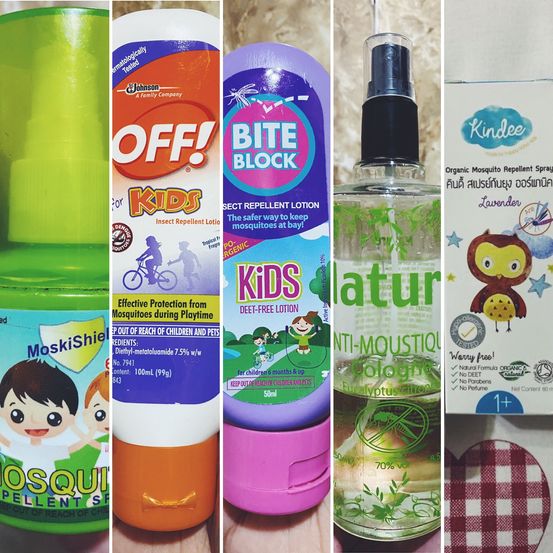










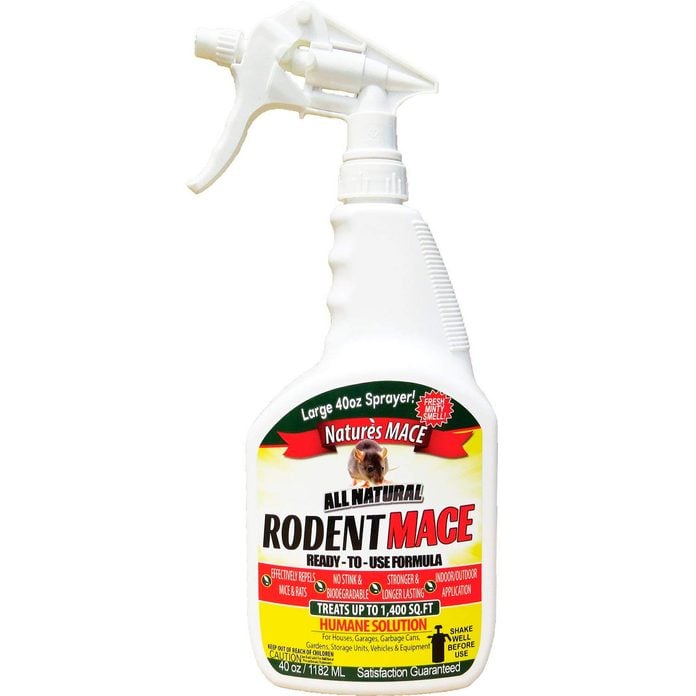
/cdn.vox-cdn.com/uploads/chorus_asset/file/21811907/iStock_1145290989.jpg)
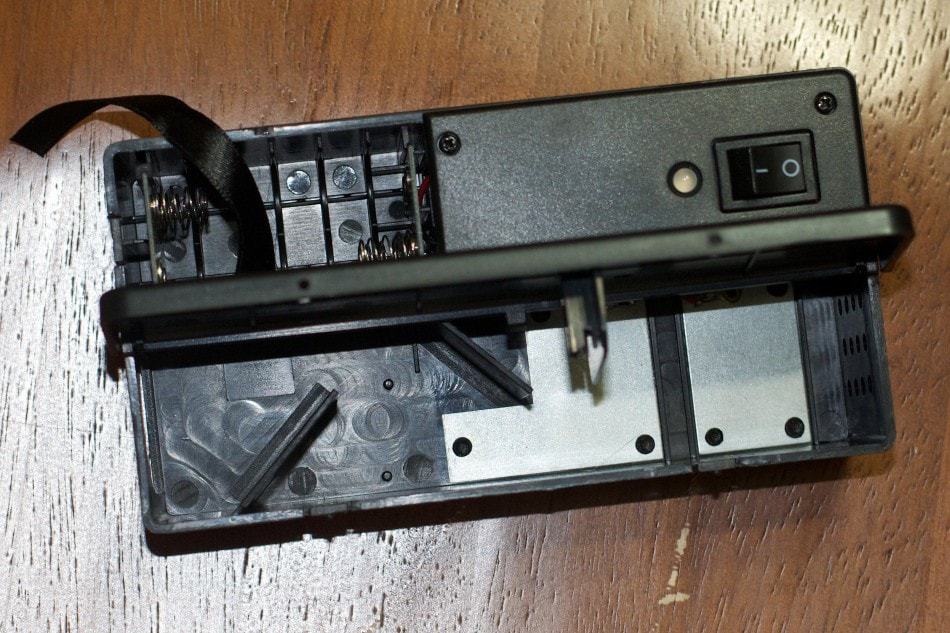
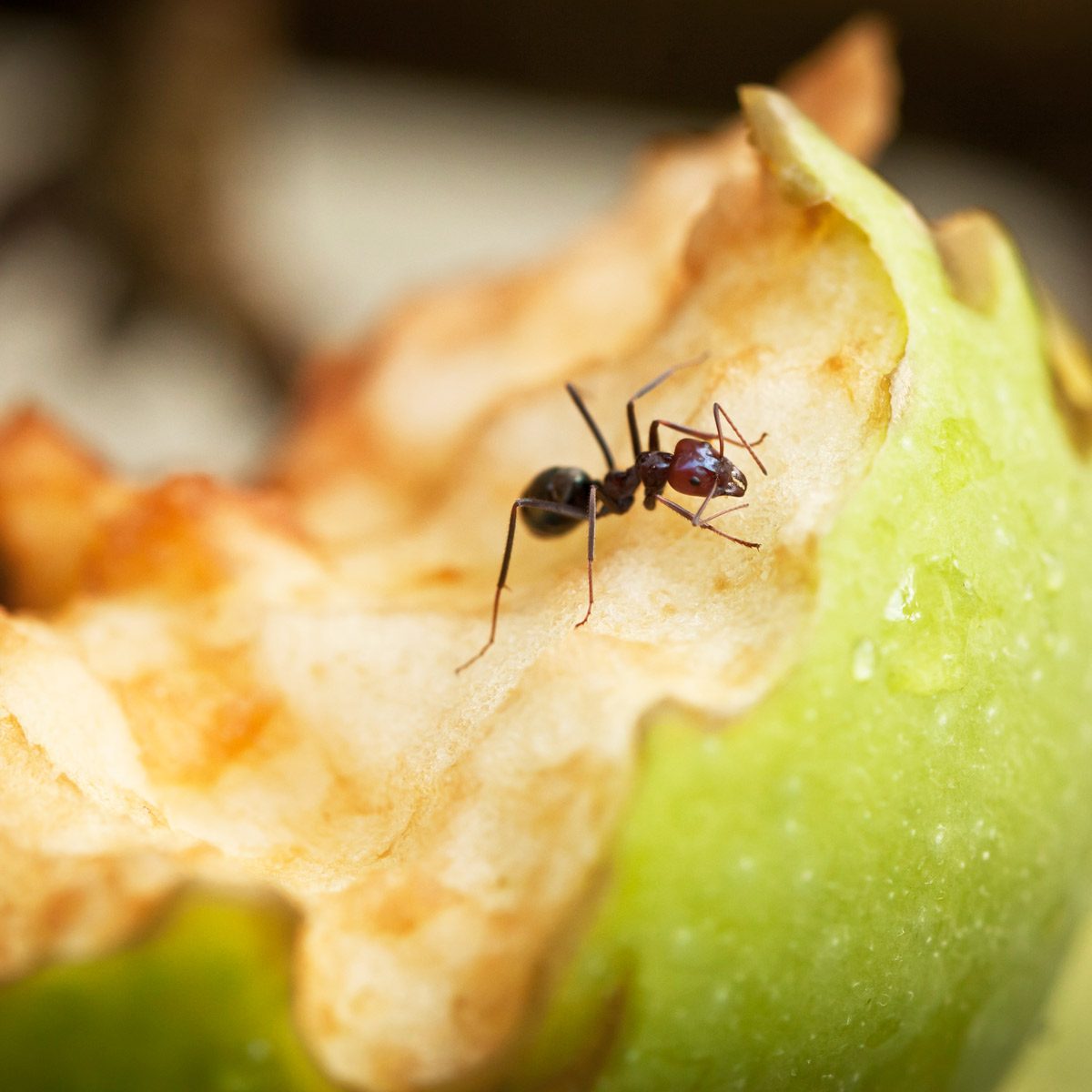









:fill(white)